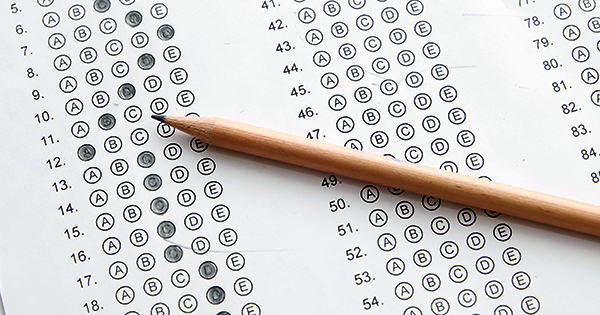
Pros and Cons - Page 2
Latest Articles

Is the Montessori Curriculum Model Effective?

Pros and Cons of Teaching at a Charter School
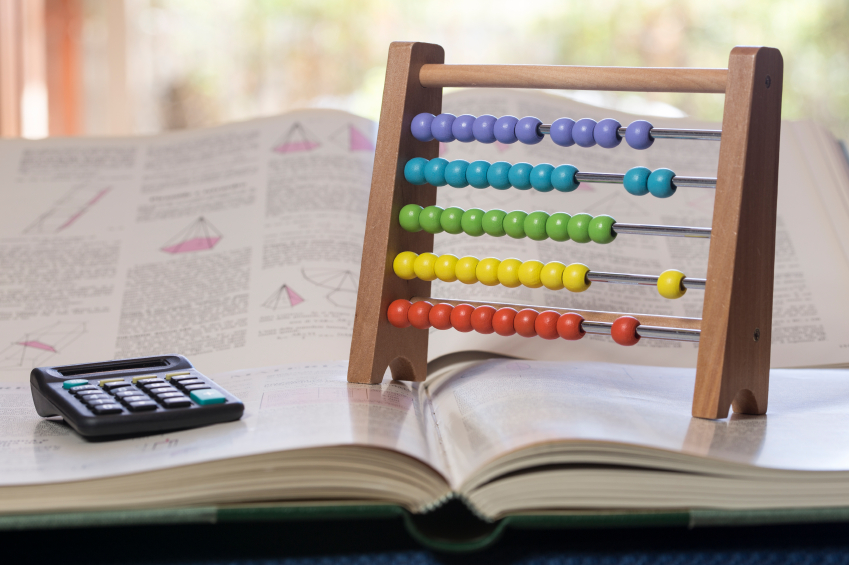
Pros and Cons of Allowing Kids to Use Calculators in Math Class

Which is Best: Teacher-Centered or Student-Centered Education?

Is the Interactive Whiteboard a Good Replacement for the Classroom Blackboard?

What is BYOD (Bring Your Own Device) and Why Should Teachers Care?

5 Benefits of Using Cellphones in School: Smartphones as Learning Tools
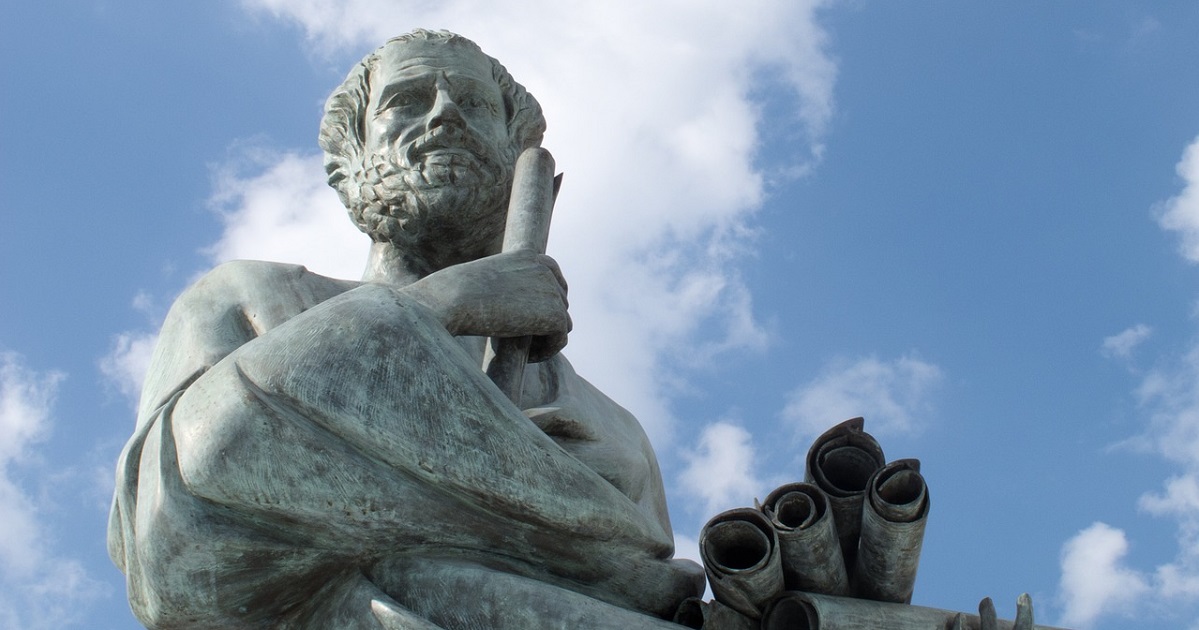
Should Educators Use the Socratic Method of Teaching?

What is Rote Learning—and is it Effective? A Battle Between Memory and Intelligence

Semesters vs. Quarters: Which System Serves Students Best?
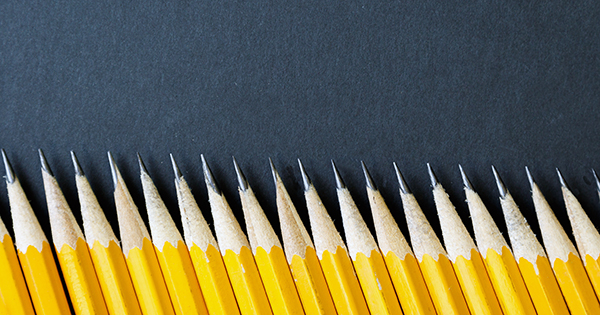
Mainstreaming Special Education in the Classroom
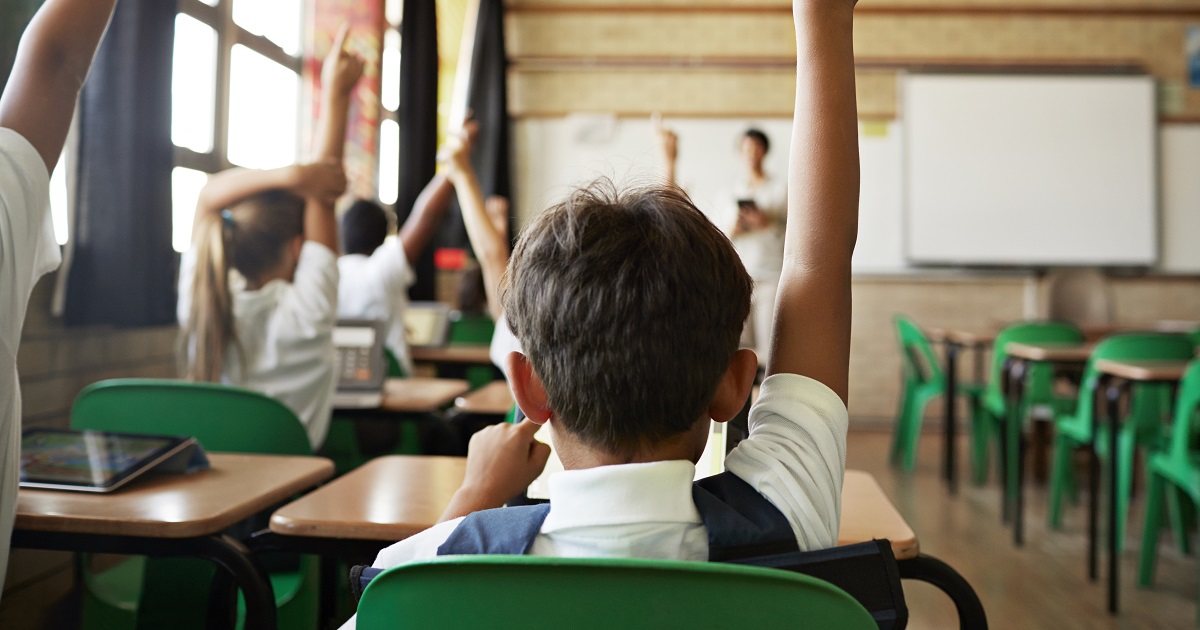
How Grade Inflation Hurts Students

K-12 Teacher Tenure: Understanding the Debate

How the Summer Learning Gap Affects Students
